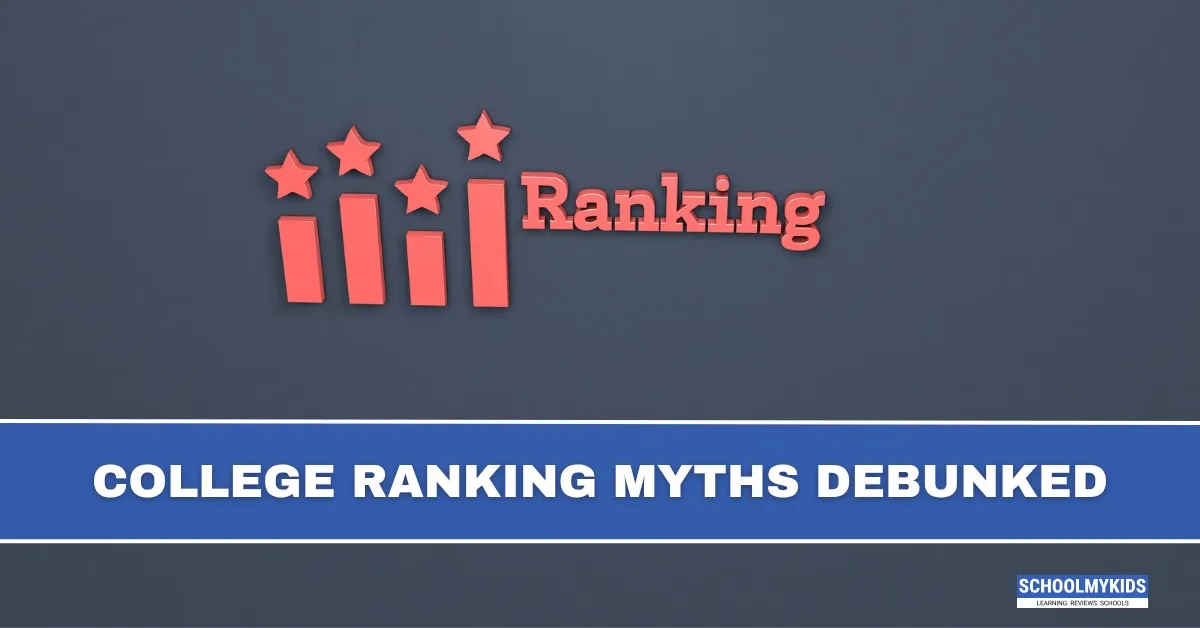Introduction
Each year, students anxiously await India Today, NIRF, or QS rankings. Parents use rankings as a checklist; coaching institutes market ranks aggressively. But how much can you trust them?
Rankings often use rigid, complex metrics that do not reflect the reality of student experience, teaching quality, or career readiness.
Myth 1: Higher Ranking = Better College
Reality: Some highly ranked colleges focus mainly on research. But if you're an undergraduate, what you really need is excellent teaching, personal guidance, and skill-building — which might be stronger in lower-ranked colleges.
Myth 2: Global Rankings Are Always Accurate
Global rankings (like QS or THE) may not consider:
- Language of instruction (many Indian colleges don’t publish in English journals)
- Government job placements
- Local curriculum impact
Thus, Indian colleges often underperform internationally despite strong national value.
What Rankings Often Miss
| Overlooked Factors | Importance |
| Student Satisfaction | Are students happy and supported? |
| Mental Health Support | Are counseling and stress support available? |
| Co-curricular Growth | Debate, arts, sports, innovation labs — not ranked easily. |
| Local Relevance | How the college impacts its region or industry. |
| Accessibility and Diversity | Is the institution inclusive and affordable? |
What Should You Evaluate Instead?
- Visit college websites — read about faculty and syllabus
- Speak to recent alumni — ask about placements, teaching, life on campus
- Compare actual academic activities, not just ratings
- Consider where you’ll grow personally and professionally
Conclusion
Rankings provide a reference point, not a decision guide. Education is a personal journey. Choose a college that aligns with your goals — not one that just tops someone else’s list.








Be the first one to comment on this story.